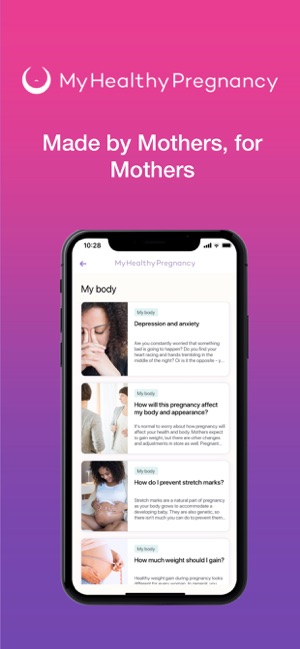by Tamar Krishnamurti, Ph.D.
During pregnancy, approximately 15% of women report experiencing depression. As many as 1 out of every 5 experience depression after giving birth. The stress and isolation of the COVID-19 pandemic has also made depression and anxiety worse for some pregnant people and new moms. More Black women suffer from depression than white women, but they are less likely to receive care for their mental health. Mental health challenges, like depression and anxiety, are especially important to address in pregnancy and right after birth. This is because mental health issues can make it more difficult for a mother and child to bond and can have long term health effects on both mom and baby.

Tamar Krishnamurti, PhD
Sometimes the social stigma surrounding depression makes it harder for pregnant people and new moms to share their mental health concerns with their doctor or midwife. The words we choose to use when we talk, however, offer insight into our state of mind. Tamar Krishnamurti, PhD, professor of medicine at the University of Pittsburgh, and her colleagues at Carnegie Mellon University, used something called Natural Language Processing to analyze the language of hundreds of pregnant and postpartum women who had been writing about their days. She found that pregnant people and new moms who are depressed are more likely to bring up certain topics, like being physically exhausted, when talking about their day. New moms who are not depressed describe those same daily activities in terms of “keeping busy.

“People may be familiar with smart assistants like Siri or Alexa,” says Dr. Krishnamurti. “Companies use natural language processing technology to figure out the things people might want to buy based on the language they use. We want to use the same kind of technology to help understand when pregnant people might be at risk of depression so that, with their consent, we can offer them better mental health resources.”
Dr. Krishnamurti is hopeful that the MyHealthyPregnancy app, a smartphone app she built that is available for all UPMC patients who are pregnant, will be able to use the language and physical symptoms that pregnant people choose to share to deliver more timely mental health resources to those that need them. Dr. Krishnamurti is also conducting the Maternal Wellness Journaling Study. This study is funded by the National Institute of Mental Health to better understand the relationship between the words people use to describe their experiences and their mental health during pregnancy and the postpartum period. The study involves people who are pregnant or have delivered a baby in the past 12 months. They may be eligible to participate in a journaling study. The study requires that people write a short journal entry once a week for five weeks and answer some questions about how they are feeling.
Information about the Maternal Wellness Journaling Study can be found by searching pittplusme.org for a study called “Language Use and Mental Health during Pregnancy and the Postpartum Period” or by emailing maternal.wellness.team@gmail.com.
Some people worry that that they should feel “too blessed to be stressed” when pregnant or after having a baby. However, it’s very normal for the challenges and physical changes related to pregnancy and giving birth to affect mental health. There are resources that can help with pregnancy and postpartum depression.
If you or someone you know could benefit from extra support or mental health resources during pregnancy or after a baby is born, contact Postpartum Support International’s HelpLine at 1-800-944-4773 or send a text to 503-894-9453 (English) or 971-420-0294 (Spanish). The service is available 24 hours a day. You will be asked to leave a confidential message. A trained and caring volunteer will return your call or text. They will listen, answer questions, offer encouragement and connect you with local resources as needed. You can also visit their website at https://www.postpartum.net/.
